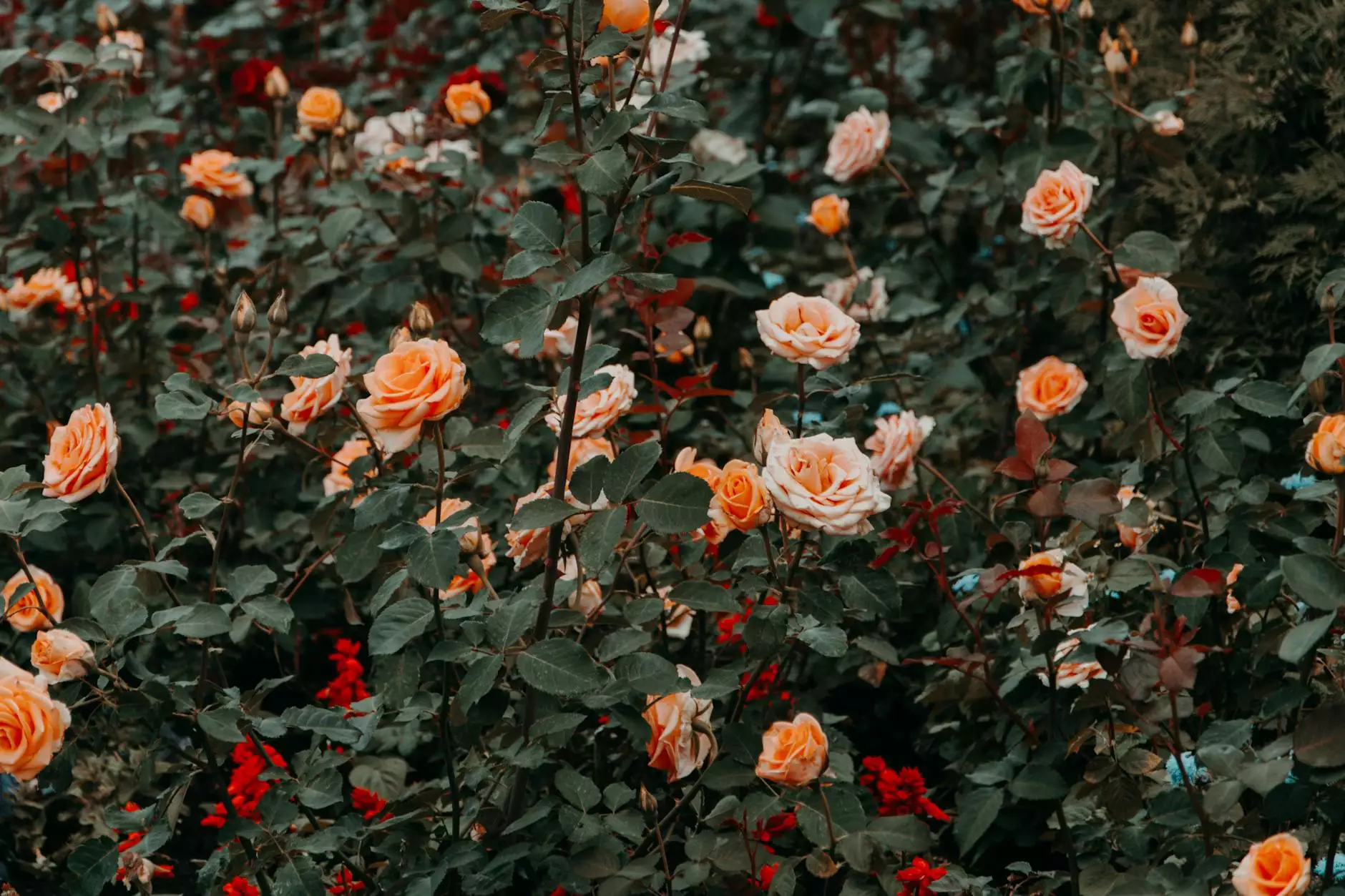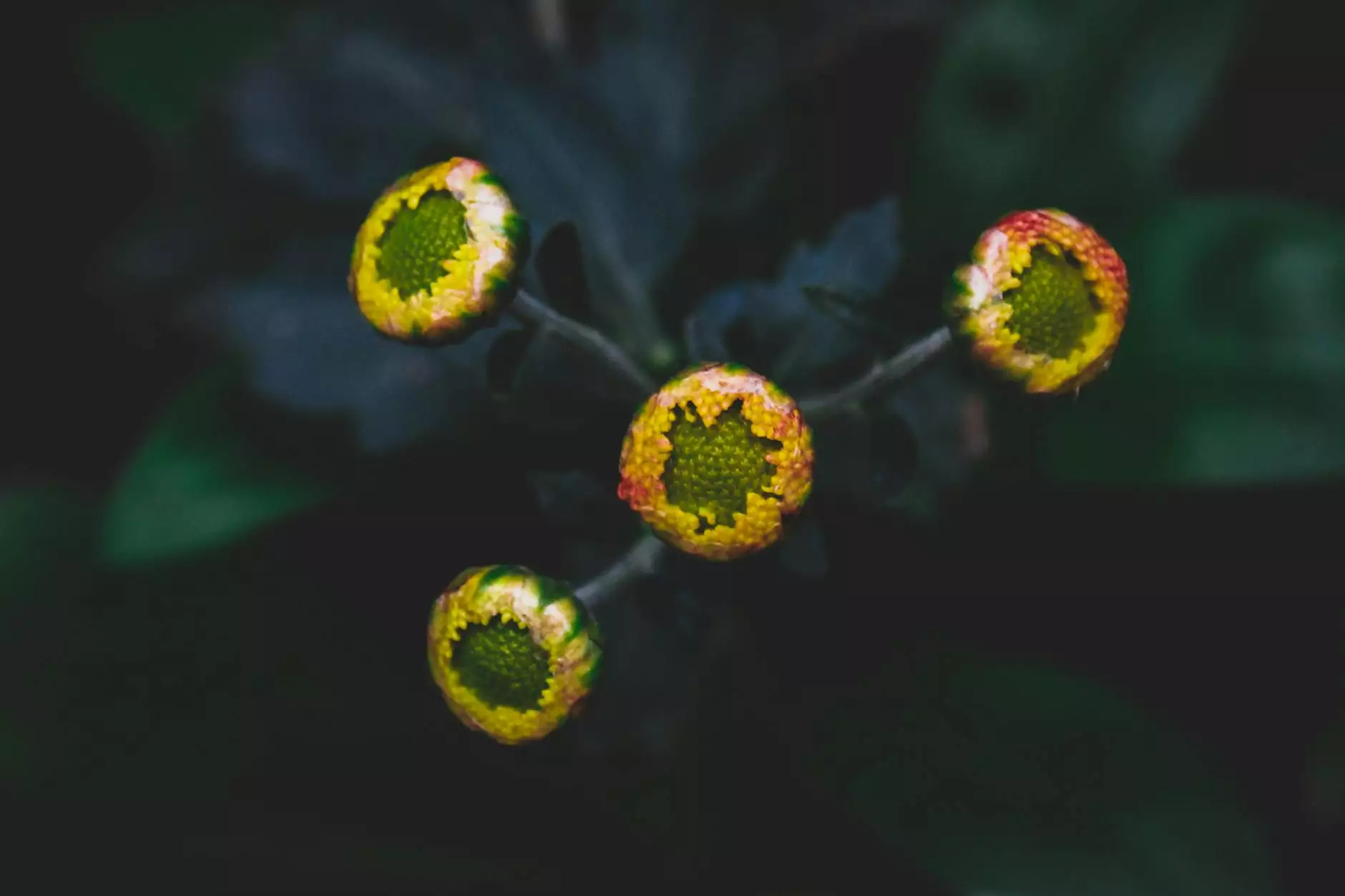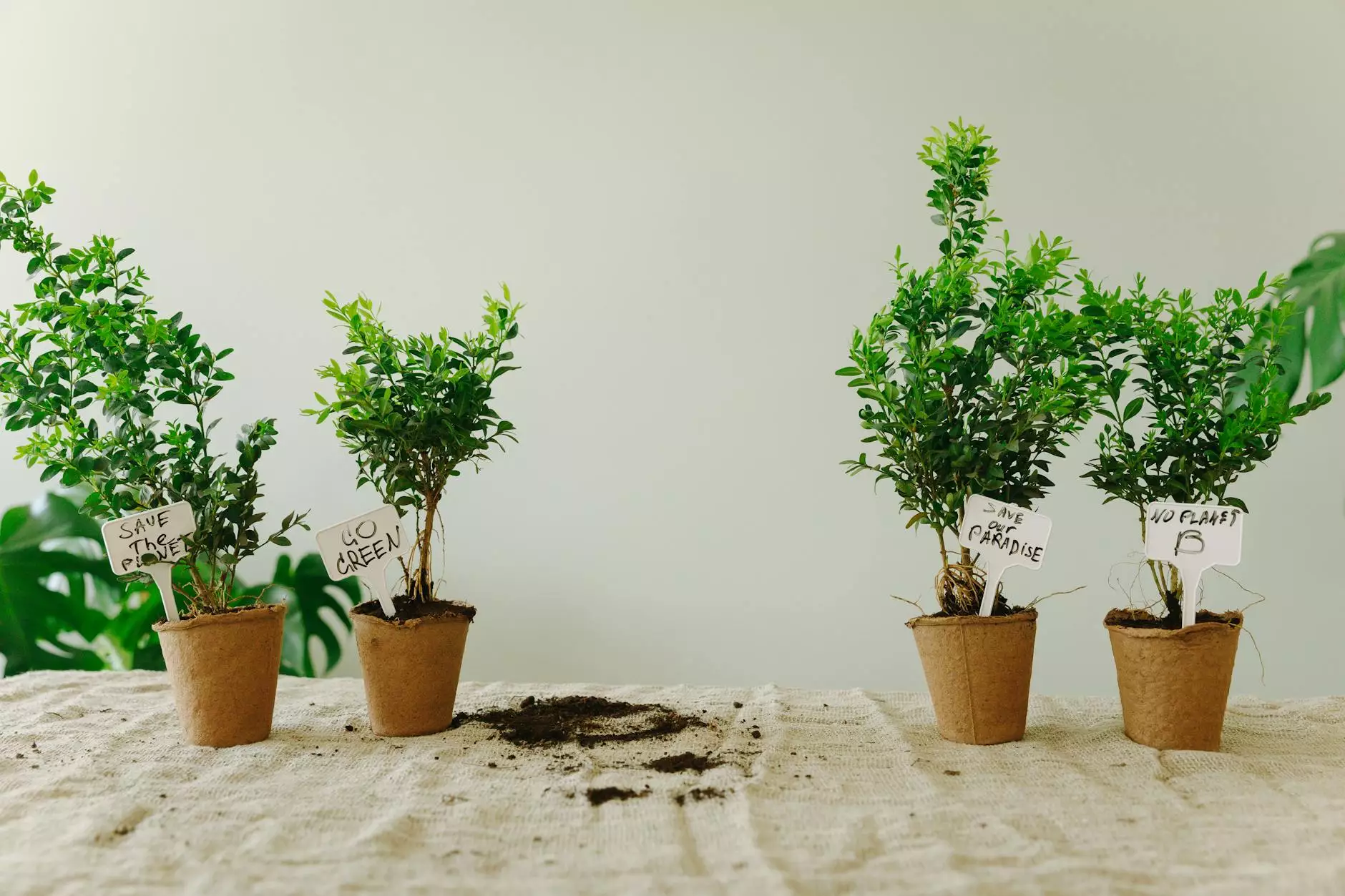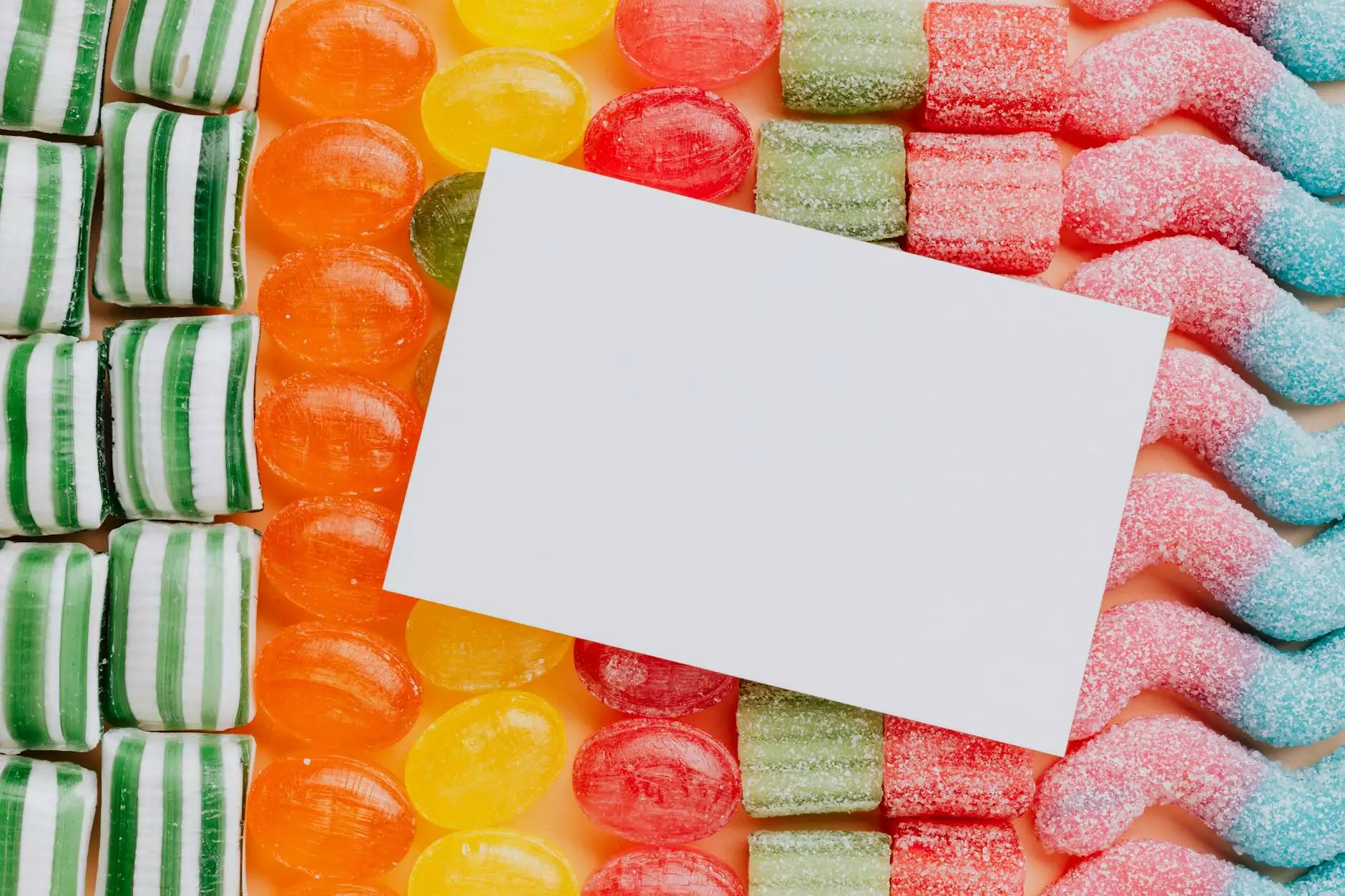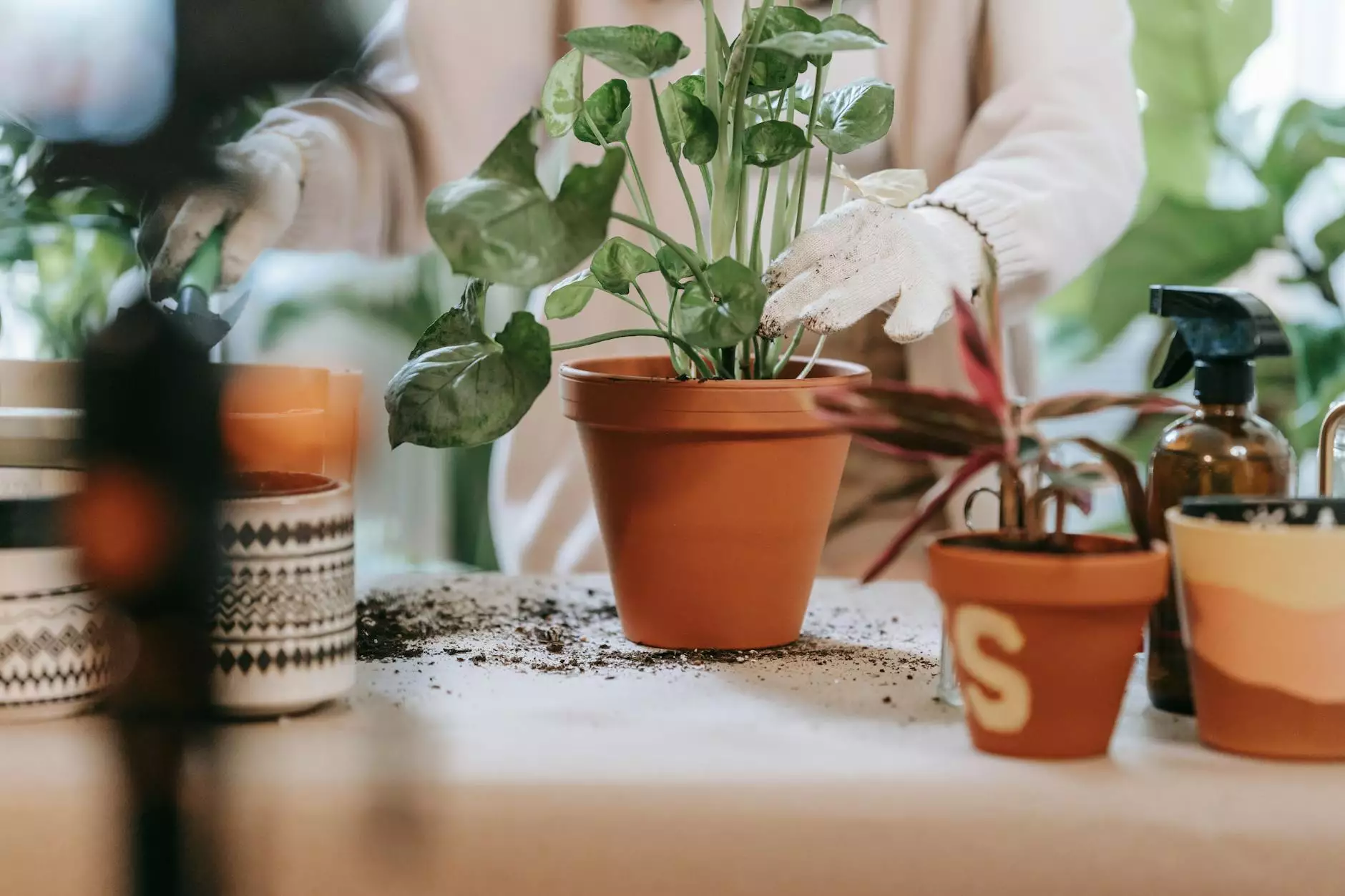Black Walnut Tree Toxicity | Learn with Bachman's
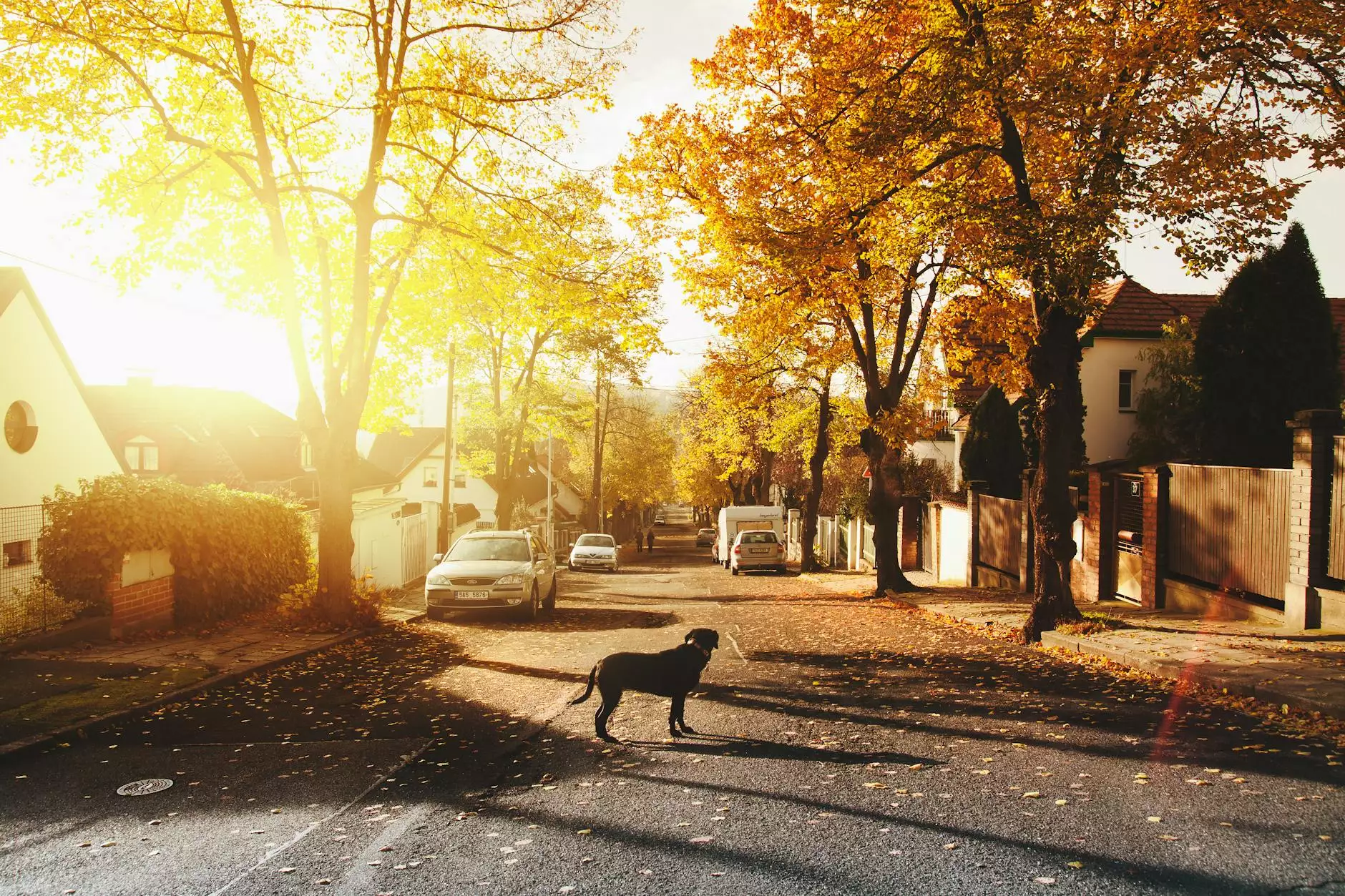
Introduction to Black Walnut Tree Toxicity
Welcome to La Venezia Art & Fashion, your go-to source for expert advice on gardening and plant care. In this comprehensive guide, we will explore the topic of black walnut tree toxicity and provide you with valuable information to help you protect your plants and pets.
Understanding Black Walnut Tree Toxicity
Black walnut trees (Juglans nigra) are majestic and prized for their beautiful wood and delicious nuts. However, these trees possess a natural defense mechanism that can be harmful to certain plants and animals. The roots, leaves, and nuts of black walnut trees release a chemical compound called juglone, which acts as a natural herbicide and can inhibit the growth of nearby plants.
The Effects of Juglone on Plants
Juglone is known to be toxic to numerous plant species, especially those belonging to the nightshade family (Solanaceae) such as tomatoes, peppers, and potatoes. It hinders their growth and can cause wilting, yellowing of leaves, and eventual death. Other susceptible plants include apple, pear, lilac, rhododendron, azalea, and many types of annual flowers.
It is crucial to identify plants that are compatible with black walnut trees to avoid damage in your garden or landscape. Understanding the sensitivity of various plants to juglone is essential for successful gardening. Our team at La Venezia Art & Fashion is here to guide you through the process and offer helpful tips to mitigate the impact of black walnut tree toxicity.
Protecting Your Garden and Landscape
While it may seem challenging to deal with black walnut tree toxicity, there are several strategies you can implement to safeguard your plants and prevent damage. Here are some effective measures to consider:
- Choose juglone-resistant plant species: Incorporate plants that have shown tolerance to juglone in your garden. Examples include many grasses, sedges, ferns, and shade-loving perennials like hostas and astilbes.
- Create physical barriers: Use root barriers or raised beds to prevent the spread of juglone to sensitive plants. This can help confine the toxin's effects and protect nearby vegetation.
- Practice proper tree placement: Avoid planting susceptible plants in close proximity to black walnut trees. Place them further away to minimize contact with juglone.
- Monitor and remove fallen leaves, nuts, and twigs: Regularly clean up any plant debris from the vicinity of black walnut trees. Dispose of them properly to reduce the concentration of juglone in the soil.
- Improve soil drainage and fertility: Adequate drainage and the addition of organic matter can help mitigate the effects of juglone. This promotes healthier plant growth and reduces susceptibility to toxicity.
Protecting Your Pets
Black walnut tree toxicity can also pose risks to your furry friends. The same chemical compound that affects plants can cause health issues in animals if ingested. It is vital to take precautions to ensure the safety of your pets. Here are some guidelines to follow:
- Prevent access to fallen leaves, nuts, and wood: Regularly inspect your yard and remove any fallen debris from black walnut trees. Train your pets to avoid chewing on or ingesting these plant parts.
- Provide alternative chew toys: Engage your pets with safe, durable chew toys to divert their attention away from potentially toxic plants.
- Monitor for symptoms: Keep an eye out for signs of toxicity, such as vomiting, diarrhea, lethargy, loss of appetite, or unexplained skin irritations. Consult your veterinarian if you suspect your pet may have ingested black walnut parts.
Expert Advice and Guidance from La Venezia Art & Fashion
At La Venezia Art & Fashion, we understand the importance of maintaining the health and beauty of your garden. Our team of gardening experts is well-versed in dealing with black walnut tree toxicity and can provide tailored advice to address your specific concerns. Whether you are a seasoned gardener or a beginner, we are here to support you every step of the way.
For more information and personalized assistance, feel free to reach out to us. Trust La Venezia Art & Fashion to help you navigate the challenges of black walnut tree toxicity and create a thriving garden that surpasses expectations.


